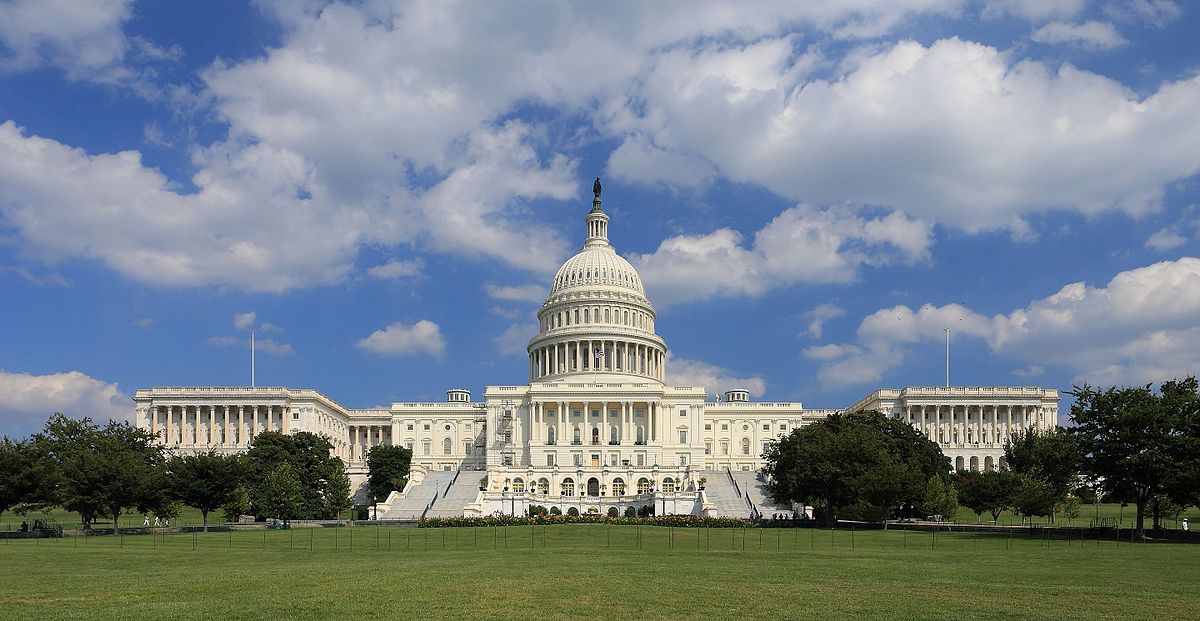Bill Hoff: Life Changes That Facilitate Changes in FEHB outside an Open Season
Bill Hoff: Life Changes That Facilitate Changes in FEHB outside an Open Season
The majority of enrollment changes in the Federal Employees Health Benefits program occurs in the annual open season as per described by Bill Hoff. Still, some changes are permitted at other times when a Qualifying Life Event is experienced. The main events that allow enrollment or change in enrollment are as follows:
- A change in family status: marriage, birth, adoption of a child, procurement of a foster kid, divorce, legal separation, and death of a dependent or spouse.
- A change in status of employment, such as: when you get re-employed after a gap in service of more than three days, you get back to pay status after the termination of your coverage during the status of leave without pay, or you were in a leave without pay status for more than 365 days, as per Bill Hoff your pay rises sufficiently for your premiums to be withdrawn, you get reinstated to a civilian position post your serving in the uniformed services, you change from or to part-time employment in your career, or you change from a provisional appointment to a job that warrants you a government contribution.
- You or your family member lose FEHB (Federal Employee Health Benefits) or other coverage under: another enrollment of FEHB because the covering enrollment was canceled, changed or terminated to self only; another federally sponsored program of health benefits; and Medicaid or other similar state-sponsored programs for the needy. The termination of your membership occurs in the employee organization that is sponsoring the FEHB plan or under a health plan that is non-federal.
When any one of the above events occurs, you become liable to: enroll or change your enrollment among self plus, self only or family and self; change your enrollment to another FEHB option or plan; or cancel your enrollment. Nevertheless, a change to self only can be made if the event results in the enrollee being the last eligible member of the family under the FEHB enrollment. Also, a cancellation can happen only if the enrollee can depict that due to a Qualifying Life Event, they or their eligible family members now possess other health insurance coverage.
Canceling enrollment
You can voluntarily stop your enrollment at any time. However, if you do this, you and your family member under the enrollment won’t be able to enroll for the temporary continuation of their coverage or convert to a non-group contract. In general, the intentional cancellation of enrollment lastingly bars re-enrollment in the program of FEHB. Bill Hoff said In case you ask OPM for the cancellation of your enrollment, OPM will offer you a full explanation of the impact of cancellation on your rights.
Suspending enrollment
You may also wish to discontinue your enrollment. Generally, enrollments get suspended when the enrollee wishes to join a care plan that is Medicare managed or receive coverage as a family member under a self and family FEHB program enrollment of another person.





